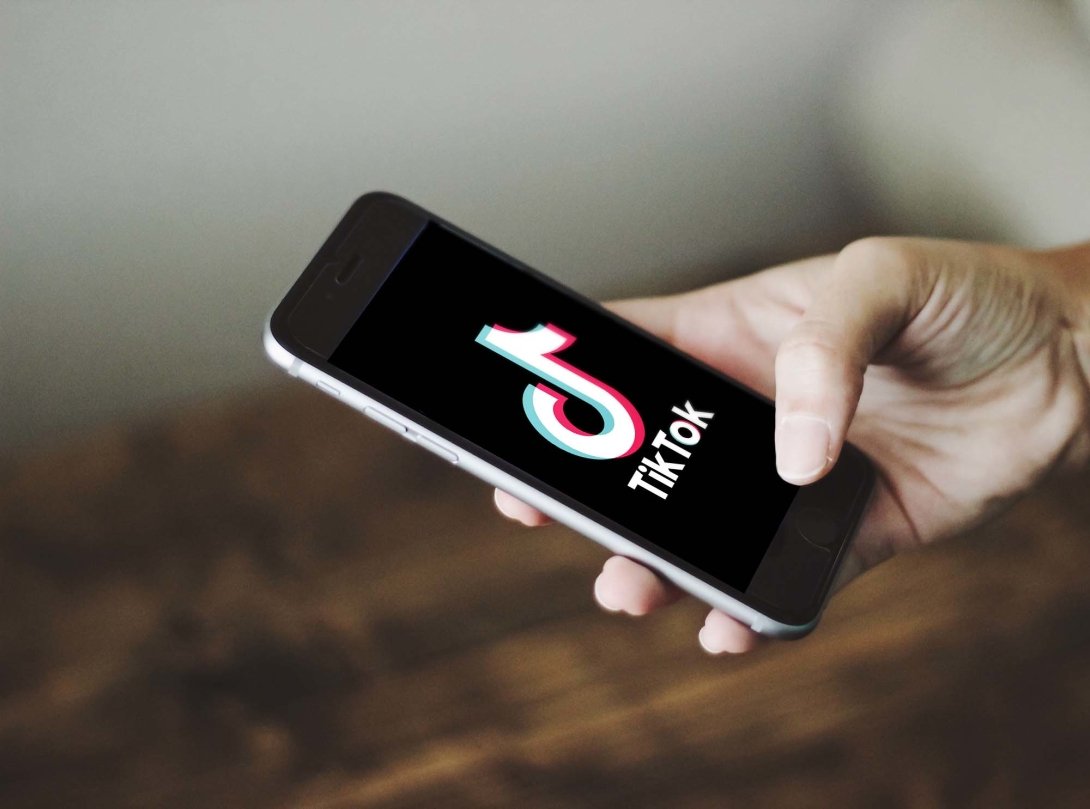ADVISORY: Join a Dec. 17 Discussion to Break Down the TikTok Ban

Original photo by Flickr user Nordskov Media
WASHINGTON — Please join Free Press and the Knight First Amendment Institute in a discussion of the fate of TikTok, which is the target of a law that would force ByteDance, the app’s Chinese owner, to divest its holdings in the platform or face a nationwide U.S. ban. Participants — including leading First Amendment experts and advocates — will discuss what’s next for TikTok as the Jan. 19, 2025 deadline for divestiture looms.
What can be done to ensure that the voices of millions of U.S.-based TikTok users won’t be silenced if the government shuts down the service? We’ll also discuss who might step up to buy TikTok — and how that could potentially threaten free speech in the United States.
Please RSVP at this link to reserve your place: bit.ly/FPTTwebinarPress
What: Social Media & the First Amendment: Breaking Down the TikTok Ban
When: Tues., Dec. 17, 2 p.m. EST
Who: Nora Benavidez (moderator), Free Press senior counsel & director of digital justice and civil rights; George Wang, Knight First Amendment Institute staff attorney; Yanni Chen, Free Press policy counsel; additional speakers TBD
RSVP: bit.ly/FPTTwebinarPress
Background:
On Dec. 6, 2024, the U.S. Court of Appeals for the D.C. Circuit dismissed a First Amendment challenge to the federal TikTok ban, which is scheduled to go into effect in January. The Knight First Amendment Institute at Columbia University, Free Press and PEN America filed an amicus brief in the case in support of TikTok and a group of content creators, arguing that the ban violates Americans’ free-speech rights. The groups have argued that any official effort to restrict Americans’ access to a social-media platform should be subject to stringent First Amendment scrutiny. The groups also said that the court should review the TikTok ban especially closely because it recalls practices that have long been associated with repressive governments, and noted that the ban is unconstitutional because it is “viewpoint-motivated and forecloses an entire medium of expression online.”